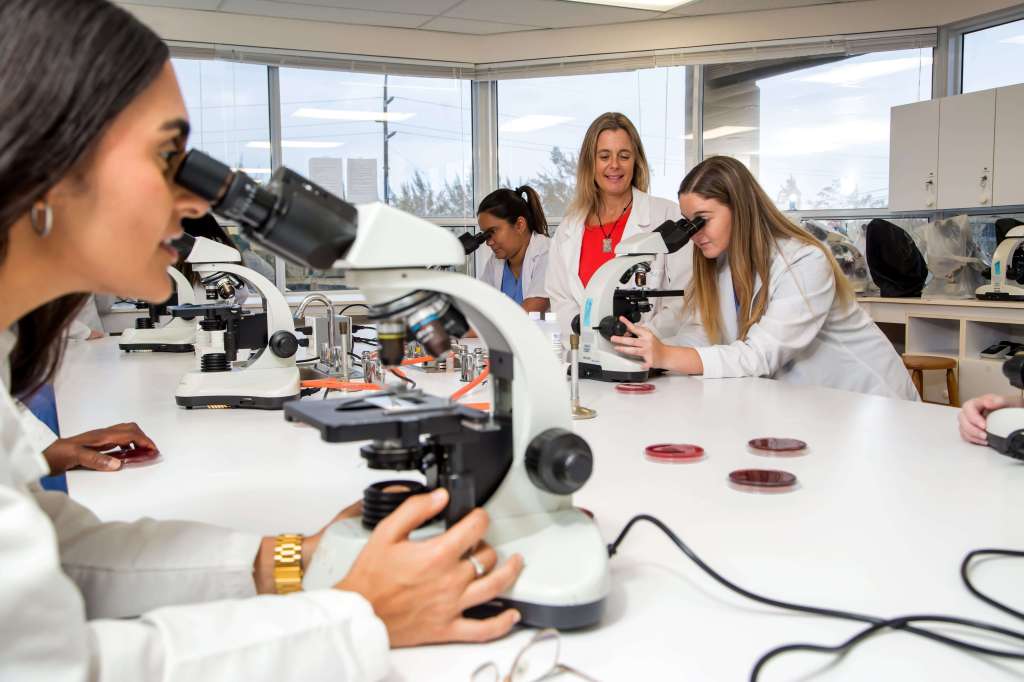
Ben Stading
Assistant Dean of Students, Assistant Professor of Virology
Qualifications: DVM, MPH, PhD
School/Division: Veterinary Medicine
Email: bstading@stmatthews.edu
Courses: Veterinary Virology, Clinical Skills I and III, Ethics and Communication
School/Division: Veterinary Medicine
Email: bstading@stmatthews.edu
Courses: Veterinary Virology, Clinical Skills I and III, Ethics and Communication
